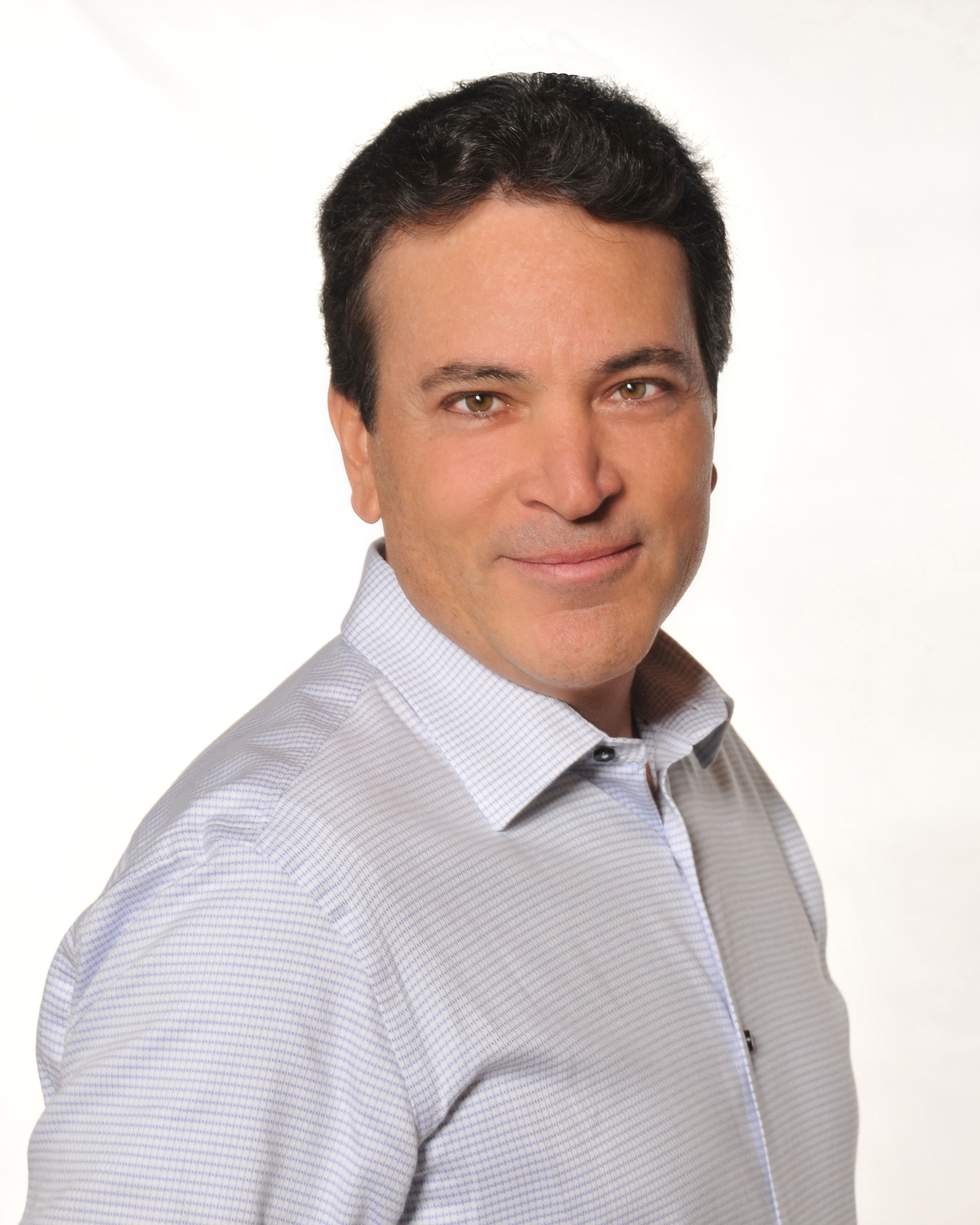By Nino Pavan, J.D., CFP®
It’s tax season. If you’re like most, your goal is to avoid paying more in taxes than you need to. However, with the tax code’s complexity and the constant stream of new rules and regulations, it can be hard to stay on top of the latest changes and what may be relevant to your situation.
Let’s explore six often overlooked tax deductions that could lead to big savings on your tax return.
Out-of-Pocket Charitable Contributions
There’s more to charitable deductions than many people realize. Not only are the big-ticket contributions deductible, but the out-of-pocket expenses paid while volunteering or donating your time to accredited charitable activities are also deductible too.
For instance, if you participate in charitable activities that involve up-front expenses, these may be deductible on your tax return. Whether you purchase canned goods for a food drive or supplies for a local school fundraiser, your contributions are deductible. If you drove your car for charitable causes in 2023, you can also deduct 14 cents per mile and the cost of tolls. You must keep a detailed log and receipts for these types of charitable giving.
Remember to keep your receipts and obtain verification for any contributions over $250 to make sure all your bases are covered. Every tax situation is different so always speak to your tax advisor about the possibility of these deductions in preparing your data for your 2023 tax filings.
Self-Employment Social Security & Medicare Tax Deduction
For self-employed individuals, you can deduct a portion of the Social Security and Medicare tax you pay. Since self-employed individuals are required to pay both the employer and employee portion of Social Security and Medicare tax, there is a tax deduction available for the portion considered paid by the “employer.”
The full tax is 15.3% of net earnings, but you can write off 7.65% using this deduction. The best part is that this is an above-the-line deduction, which means it can be used in conjunction with the standard deduction.
Student Loan Interest
Another above-the-line deduction that many people forget about is the student loan interest deduction. This deduction allows the borrower to deduct up to $2,500 of student loan interest paid over the course of the year, even if the loan is repaid by someone else. Depending on your total income and the filing status you are using to file your return, this may be another deduction to take.
Here’s an example. If you took out a Parent PLUS Loan for your child to attend school and they have been the person making the payments, you can still deduct whatever interest was paid on your tax return since you are technically the borrower. In this case, the IRS assumes that your child gave you the money, and then you paid the debt yourself, thus allowing the borrower (not the payor) to receive the tax deduction.
Many people may still not qualify due to the federal pause of student loan payments, which ended June 30, 2023 with payments not resuming until October 2023. If you have consistently made payments or paid down the interest portion on any of your student loans in 2023, make sure to claim this deduction if your modified adjusted gross income (MAGI) amount reaches the annual limit for your filing status.
Medicare Premiums for Self-Employed Individuals
If you’re over the age of 65, enrolled in Medicare, and self-employed, then you can deduct some or all the premiums paid for Medicare Part B and Part D as well as the cost of any supplemental policies or the Medicare Advantage plan.
The good news is this is an above-the-line deduction, so you do not have to itemize and the premium costs will not be subject to the 7.5% AGI floor that typically applies to medical expenses. Note that you are only eligible for this deduction if you are not also covered by an employer health plan, whether that be through a second job or through your spouse’s employer.
The even better news is that even if you are not 65 or enrolled in Medicare, you can still deduct the cost of healthcare (and long-term care) premiums if you are self-employed and not covered by an employer health plan.
State Income Tax Refund
Many people automatically assume they are required to report a state income tax refund as income on their federal tax return. But this is not actually the case. If you did not itemize your deductions to claim the state income tax paid, then any refund received is not considered income at the federal level. In some situations, even if you do itemize your deductions, your state tax refund may still not be taxable depending on certain factors.
Since most taxpayers claim the standard deduction and do not claim state and local tax deductions, the majority of those who receive a state income tax deduction do not need to report it on their Form 1040. Keep this in mind as you file your taxes this year, and don’t mistakenly report more income than is rightfully taxable.
Moving & Travel Expenses for Military Personnel
When the Tax Cuts and Jobs Act was signed in 2017, many taxpayers lost the ability to deduct moving expenses on their tax returns. But this deduction is still available for active-duty military personnel. If you or your spouse were an active-duty military member who relocated in 2023 and you did not receive a reimbursement from the government for your move, you will be able to deduct a portion of move-related expenses including the cost of travel, lodging, moving supplies, services, and shipping.
What’s more, military reservists and National Guard members are also able to deduct the cost of work-related travel as long as the travel is overnight and more than 100 miles away from home.
Make the Most of Your Tax Deductions
These are just a handful of the frequently missed tax deductions, but there may be others you qualify for based on your specific circumstances. We recommend consulting with a professional who can provide tailored guidance in order to optimize your potential savings.
At Financial Designs, our strategies are built to last. Planning and saving for your future is a long-term commitment that requires dedication and sacrifice. Because you deserve a financial team that can help you maximize your savings, we are committed to high-quality strategies and a service-oriented approach that puts your needs first always.
Ready to navigate the 2024 tax season with confidence? Reach out today to schedule a no-obligation consultation by calling (909) 626 1642 or emailing fdc@fdcadvisors.com!
About Nino
Nino Pavan is President and a CERTIFIED FINANCIAL PLANNER™ professional at Financial Designs, a retirement planning firm in Claremont, California, with the mission of enabling individuals and families to financially prepare for and confidently enjoy their retirement years through goal-centered planning. With more than 30 years in the financial services industry, Nino is thankful for the opportunity to serve his clients by making the retirement process a stress-free one; he worries about their money so they don’t have to!
Nino holds a law degree from the University of Southern California, a Bachelor of Science in Telecommunications Management from DeVry Institute of Technology and has been a contributing advisor to Kiplinger. In addition to being a CERTIFIED FINANCIAL PLANNER™ professional and Investment Advisor Representative, Nino has passed the Series 7, 24, and 63 securities exams and holds life and disability insurance licenses. He also conducts retirement and estate planning workshops for employees of major California companies. Outside of the office, Nino enjoys sports (regular and fantasy), traveling (specifically tropical destinations), walking, pickleball, church activities, and spending time with his wife Sherry and their two children, Derek and Sara. To learn more about Nino, connect with him on LinkedIn.







